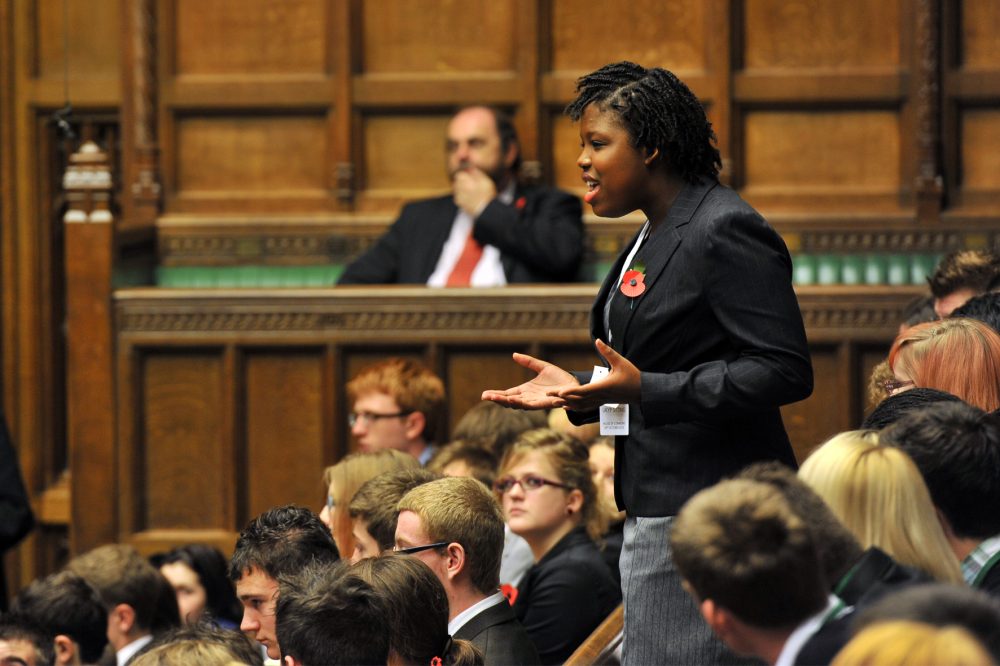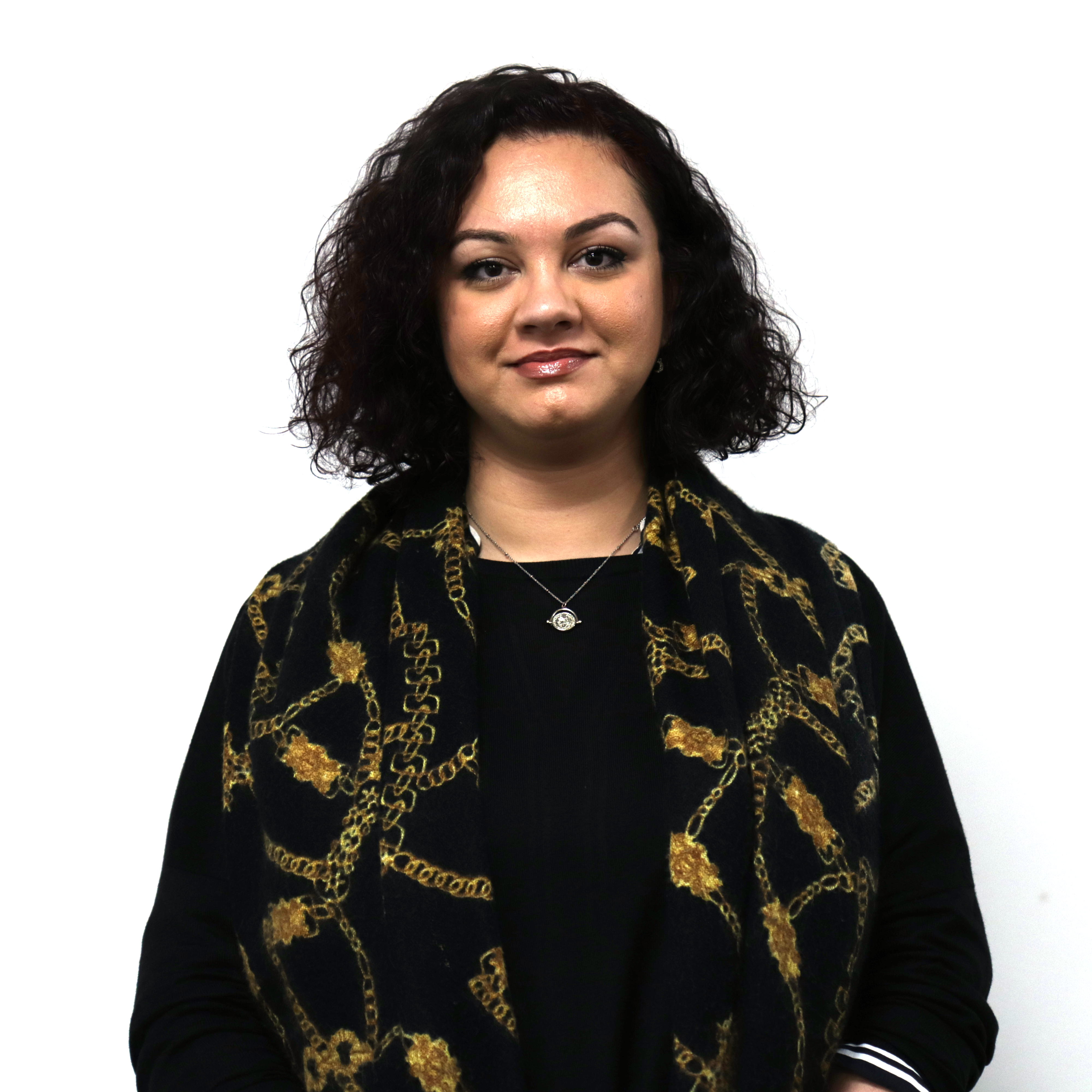The new parliament may be far from ideal for some (and indeed, we still aren’t sure if a deal with the DUP will happen), but there is one thing to cheer about – greater diversity!
The incoming cohort of MPs is among the most diverse in British history, and this is great news for human rights.
Article 14 of the Human Rights Convention prohibits people from being discriminated against in the enjoyment of their rights and freedoms under the Convention. This means that all people – irrespective of race, gender, religion and many other characteristics – have the right to stand for elected office, and an equal opportunity to present their views to the people.
Given the diversity in British society, a more diverse parliament is better representative of the people it serves – something which really is good for everyone! So here are four reasons why we should take some positives away from the 2017 general election.
1. Greater Black, Asian, and Minority Ethnic Representation
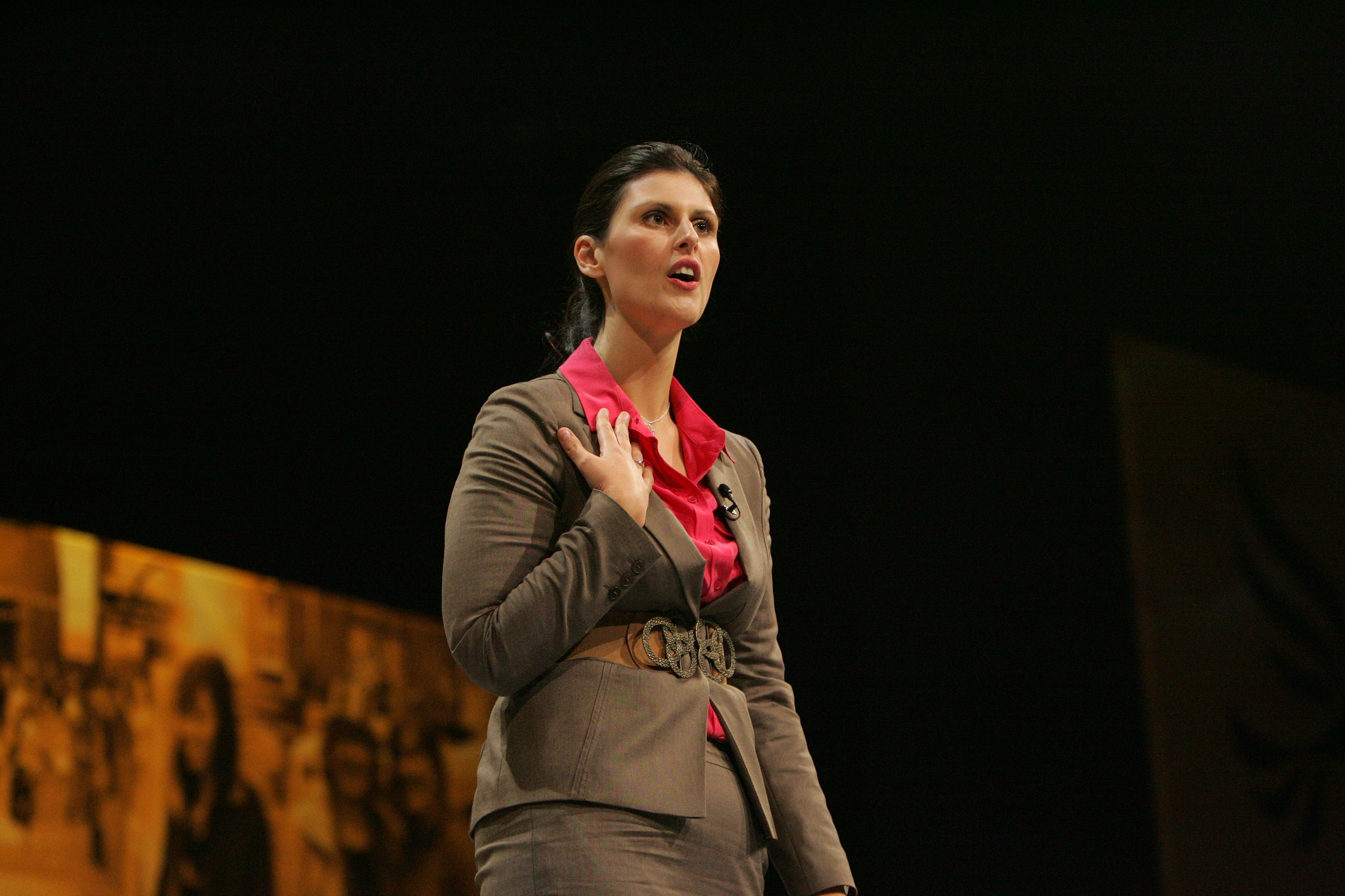
Layla Moran, MP for Oxford West. Image Credit: Liberal Democrats / Flickr.
There is now a record high of 52 BAME MPs in the House of Commons. Layla Moran, the first female Liberal Democrat MP from a minority background and first MP of Palestinian descent for any party, won the Oxford West and Abingdon seat. Preet Gill became the first female Sikh MP winning the Labour seat in Birmingham Edgbaston.
Tanmanjeet Singh Dhesi, the first-turban wearing Sikh MP, won Slough with an increased majority for Labour. Eleanor Smith became the first African-Caribbean MP for Labour in the West Midlands; she won in Wolverhampton South West, a seat once held by Enoch Powell.
2. Disability rights
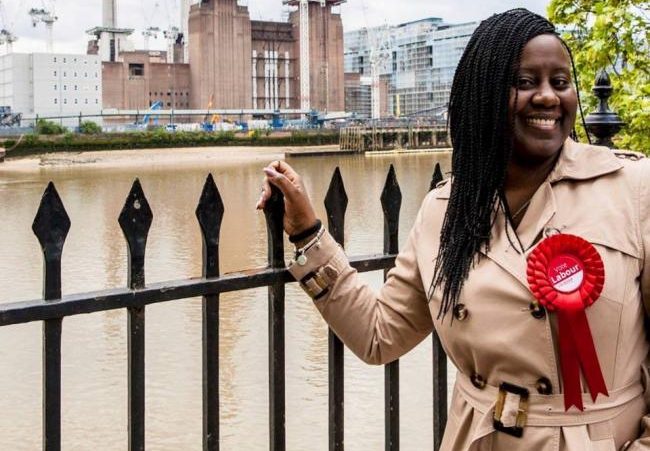 Marsha De Cordova, Image Credit: Marsha De Cordova / Twitter
Marsha De Cordova, Image Credit: Marsha De Cordova / Twitter
Disability rights advocates Marsha De Cordova and Jared O’Mara both won seats in Battersea and Sheffield Hallam respectively.
De Cordova, who is visually-impaired, has previously advocated for the eye health and sight loss sector. O’Mara, a disability rights campaigner who has cerebral palsy, won his seat from former Liberal Democrat leader Nick Clegg in Sheffield.
3. Gender and LGBT Equality
A record number of female MPs were elected, bringing the total to 208 female MPs in the House of Commons – a record high of 32%. There are significant variations between the parties, with Labour having the highest number of female MPs among the major parties at 45%. The Green Party’s only MP is female, whilst the Democratic Unionist Party has the lowest female representation at just 10%.
There has also been a rise in LGBT MPs, with 45 openly identifying as lesbian, gay, bisexual or transgender. This means the UK now has more LGBT elected MPs than any other country!
4. A more diverse educational background
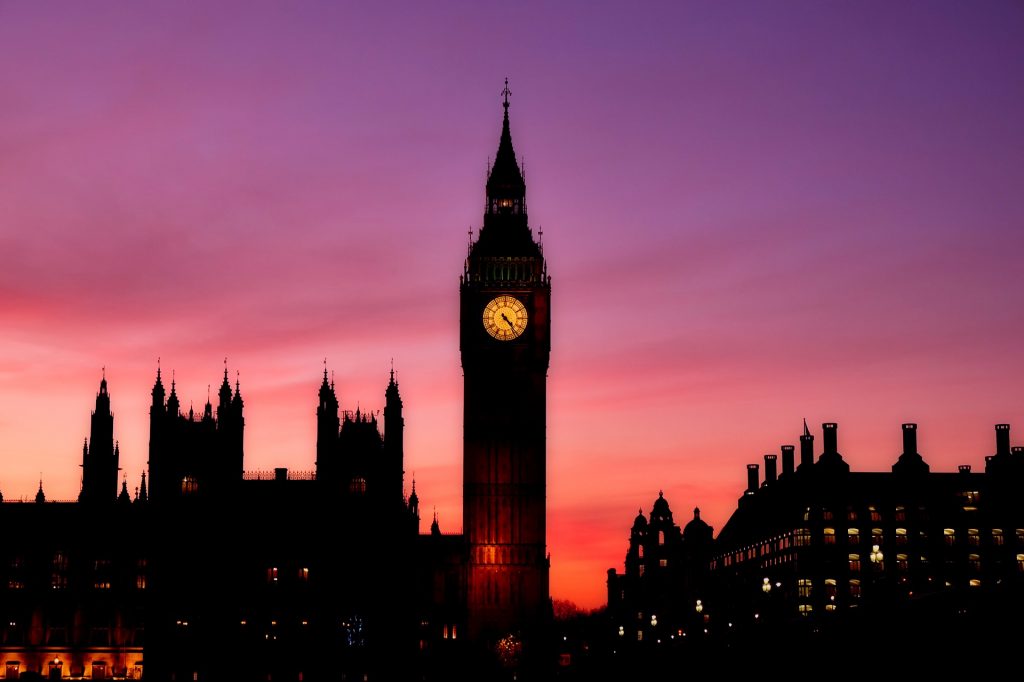 The new parliament welcomes in a record high of 51% of MPs who were educated at comprehensive schools.
The new parliament welcomes in a record high of 51% of MPs who were educated at comprehensive schools.
Although there is still a disproportionate number of privately-educated MPs, there are signs of a real shift towards greater educational diversity – with 67% of new MPs having been taught at a comprehensive school.
To find out more about equality, diversity and the election result, follow the links below:
- Learn about how human rights continue to promote gender equality today.
- Check out our nifty infographic about Article 14 of the Human Rights Convention.
- Read our take on what the election result means for human rights.

